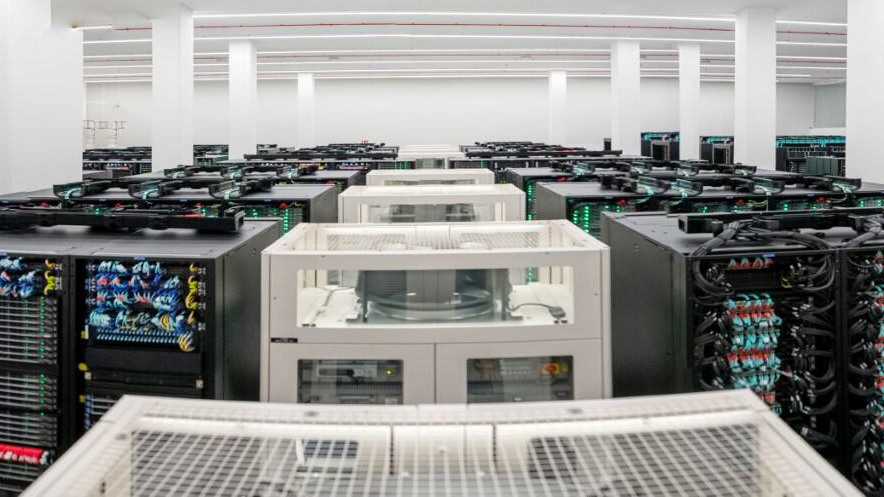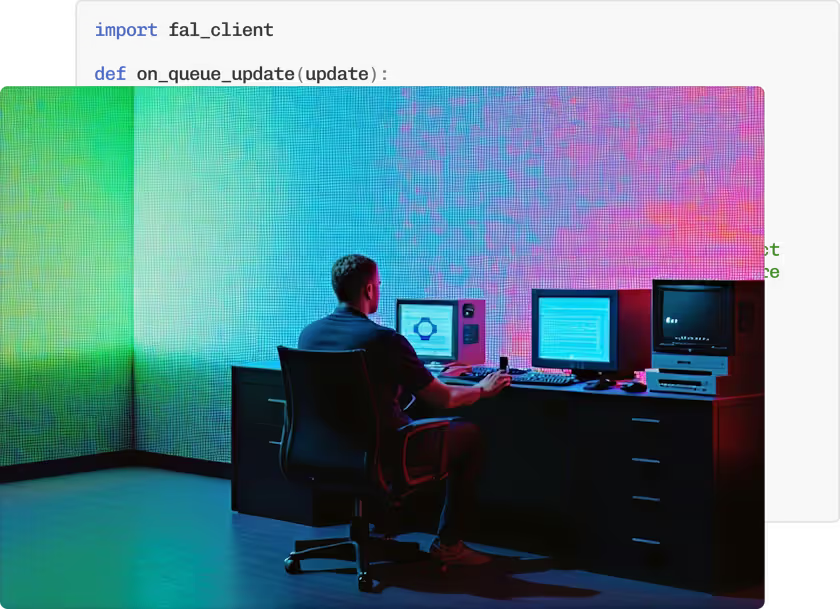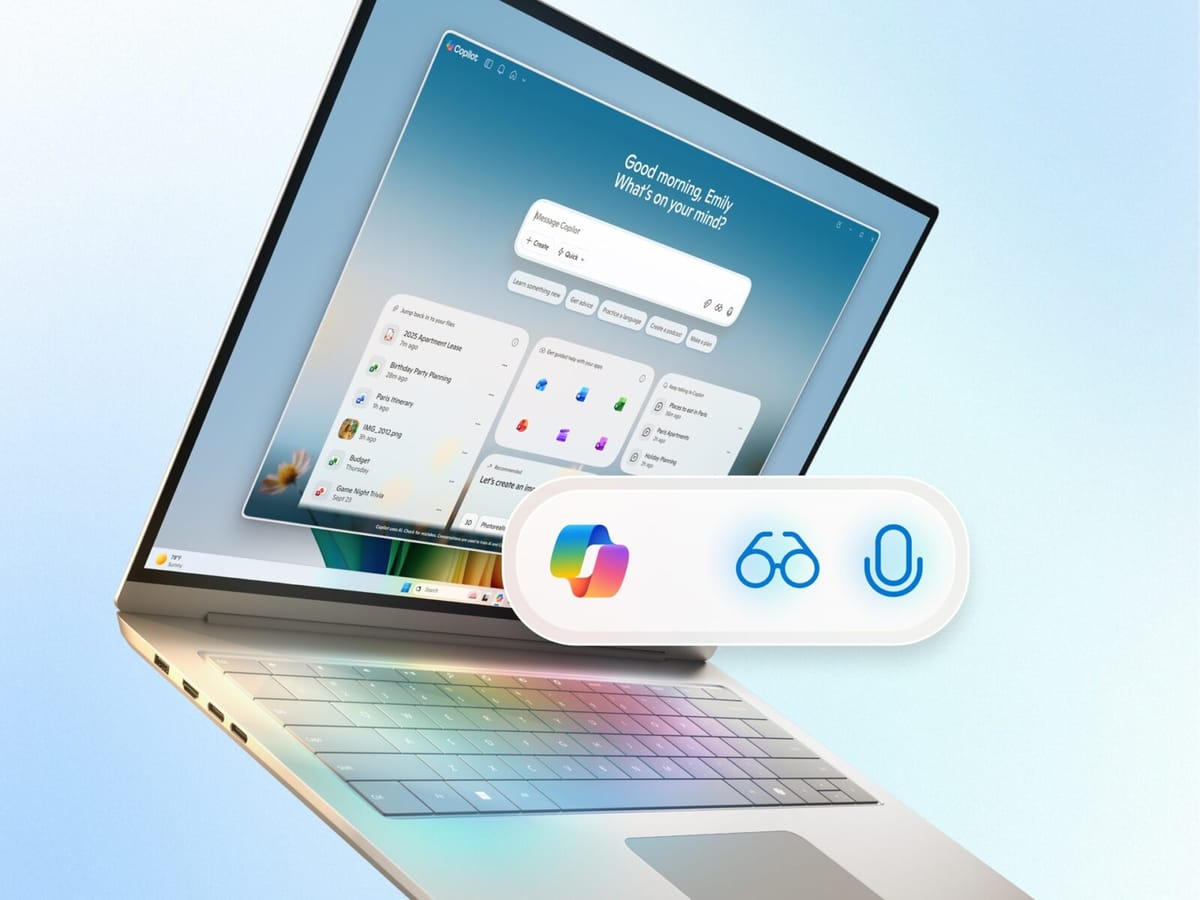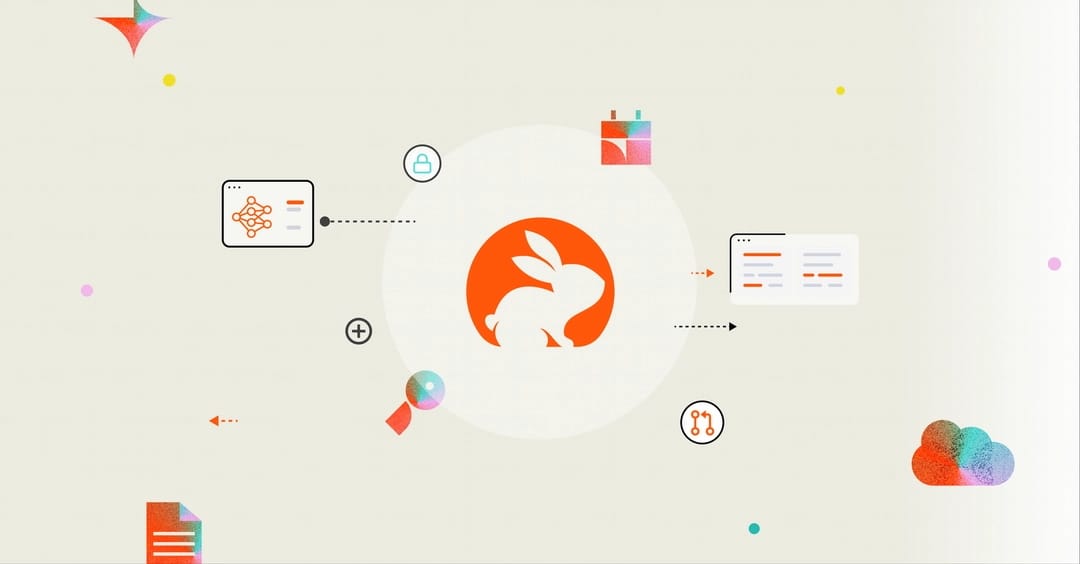After announcing its plan to grant start-ups access to its supercomputers to train AI models in September, the European Commission and the European High-Performance Computing Joint Undertaking (EuroHPC JU) officially launched the program this November in the context of the fourth AI Alliance Assembly. In practice, the Commission and EuroHPC JU will demonstrate their commitment to developing "a global AI ecosystem that is trustworthy and responsible" in three parts. One is the Large AI grand challenge, an ongoing competition intending to accelerate the development of foundation models in Europe and increase the visibility of the Union's activity in the field. The other two are open access to the supercomputing resources and the provision of activities and services that ease access to these resources and ensure the optimal use of HPC technologies in research and industry applications.
The Large AI grand challenge is a competition led by the EU funded project AI-BOOST. It calls for proposals to develop a language foundation model using one of the one of the EuroHPC JU, namely, the LUMI and LEONARDO supercomputers. Proposals must include a detailed scope and plan to train a 30B+ parameter model from scratch following state-of-the-art scaling laws for computing and training dataset size. The organizers will select up to four proposals that will receive 250,000 EUR each, as well as 2 million GPU hours on the chosen facility for the development of the model. Participants can send a project targeting the LUMI supercomputer and another one targeting LEONARDO, but no single entity is eligible to win both. Selected participants are expected to release their models via an open-source license for non-commercial use, or by publishing their research findings. Application deadline for the Grand Challenge is January 16, 2024.
Parties involved in this program have made clear since the initial announcement that responsible AI start-ups would be the only ones to have access to the supercomputers. In other words, if start-ups want to be eligible to use the EuroHPC JU facilities, then they must comply with the Union's AI governance. With this, the EU is clearly looking to encourage early adoption of the upcoming AI Act on which the European Parliament and Council recently reached a provisional agreement. It should be noted that large organizations such as universities, research institutes and industry members can already request access to the EuroHPC supercomputers via the EuroHPC Access Calls. Part of the strategy to grant open access to the supercomputing resources consists in fine-tuning the Access Calls program to introduce a faster track for small and medium enterprises (SMEs) and AI startups to access the computing facilities.
Finally, given that startups may have more experience working with the hyperscalers that are ubiquitous in the US rather than with supercomputers, there is a need for additional resources that provide the skills and knowledge necessary to optimally engage with a supercomputer when training and scaling large models. For this reason, the access program will be supplemented with the creation of “centers of excellence” which will be devoted to supporting the development of algorithms that can run on the EuroHPC supercomputers. TechCrunch recently reported that they had confirmation that the creation of an "AI support center" is underway, and that it will prioritize helping SMEs and startups get the most out of their access to supercomputing resources.
It is important to consider that these actions are not happening in a void. The European Union has made AI one of its most pressing priorities. The Union has increased investment in supercomputing and it is getting closer to completing its cluster of connected supercomputers in the region. The MareNostrum5 recently brought the pre-exascale supercomputer count to a total of eight; it joins the supercomputers LUMI (Finland), Vega (Slovenia), MeluXina (Luxembourg), Discoverer (Bulgaria) and Karolina (Czech Republic), LEONARDO (Italy) and Deucalion (Portugal). Moreover, the EU expects to launch its first exascale supercomputers in the next couple of years: the JUPITER, located in the Jülich Supercomputing Centre (JSC) in Germany; a supercomputer to be hosted at the Jules Verne consortium in France, and DAEDALUS in Greece.
In addition to its classical supercomputer cluster, the EU is also increasing investment in quantum computing, as it plans to co-locate quantum simulators with some of the supercomputers to create hybrid systems where the quantum simulators will work as accelerators for the classical supercomputers. Moreover, these investments are increasingly being planned with AI model training in mind, with the hopes that the pieces will come together into a competitive AI ecosystem that the EU can leverage in its quest to becoming a global leader in AI development and governance.





Comments